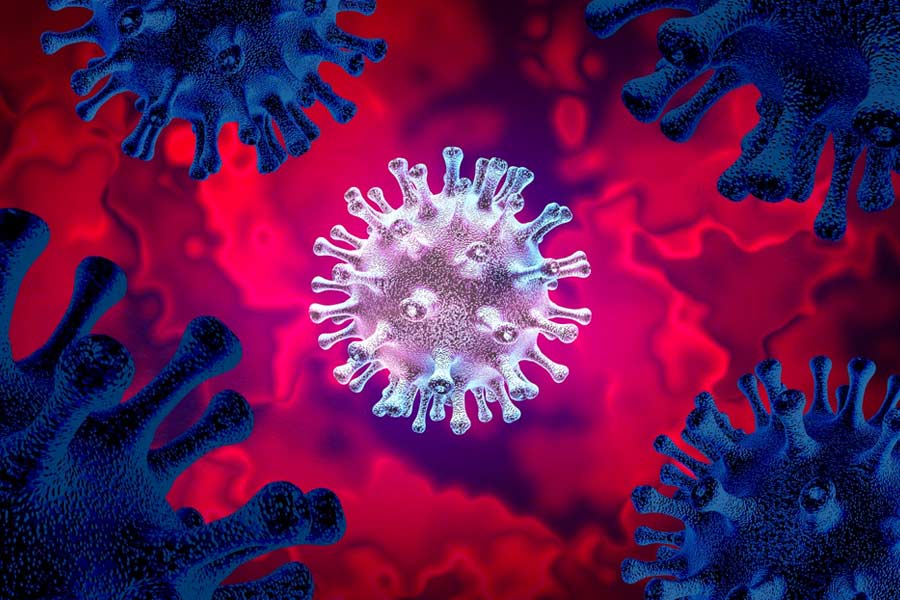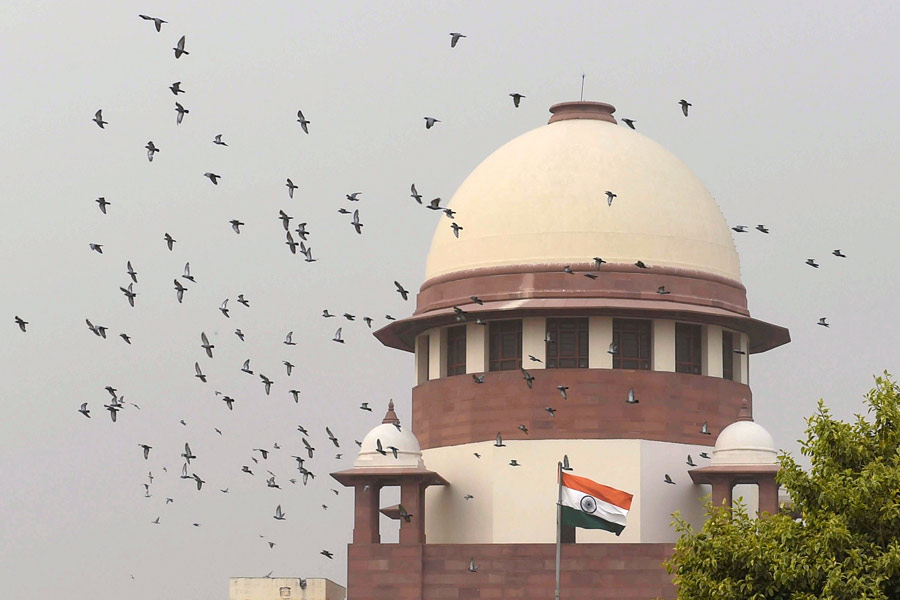India has recorded slight upticks in Covid-19 cases in nine states over the past week, alongside a rise in southeast Asia, though experts say numbers in India remain low with neither worrying trends nor any new variants of concern yet.
The country’s count of active Covid-19 cases rose from 93 on May 12 to 257 on May 19, according to Union health ministry data, with case counts rising in Delhi, Gujarat, Haryana, Karnataka, Kerala, Maharashtra, Rajasthan, Sikkim and Tamil Nadu.
Experts say India’s modest increase may not reflect the actual Covid-19 cases, as most people with respiratory symptoms don’t seek a Covid-19 diagnosis, but assert that there is no evidence to suggest that the virus has evolved to cause more severe illness. They say the “zero” active cases in several states may reflect a lack of testing rather than an absence of infections.
The surge in cases in Hong Kong, Singapore and Thailand in recent weeks appears largely because of various successors of omicron, the Covid-19 variant that swept the world in 2021-2022. Microbiologists tracking the changing variants of the virus say that unless there is a dramatic evolutionary change in the virus, major shifts in infection patterns or severity are unlikely.
“The variant in Hong Kong is NB.1.8.1, which is a combination of XDV and JN.1. XDV has evolved from XBB, and JN.1 has evolved from BA.2,” said Rajesh Karyakarte, professor and head of microbiology at the BJ Medical College, Pune.
“All are derivatives of omicron variants such as XBB or JN.1 that have widely circulated in India in the past. We don’t expect these derivatives to cause any major shift in hospitalisation patterns. Our high rates of vaccination and natural infections have contributed to the immunity.”
Karyakarte is a member of a nationwide network of laboratories across the country that were tracking genomic changes in Covid-19 during the pandemic. But as the severity of the infections waned and people stopped seeking Covid-19 diagnosis, genomic surveillance, too, declined.
The network continued to monitor samples from sewage lines which, experts say, could potentially provide an advance warning about emerging outbreak in specific areas. “Sewage surveillance continued for months even after the end of the pandemic — we saw some humps associated with mild localised increases in infections in some places, but no sharp spikes,” said Souvik Mukherjee, a scientist at the National Institute of Biomedical Genomics, Kalyani, associated with the surveillance.
The increase in states has not been uniform. Kerala has recorded the largest increase, with cases rising from 26 on May 12 to 95 on May 19, followed by Maharashtra’s count rising from 12 to 56 and Tamil Nadu, rising from 32 to 66 over the same period.
“Waning immunity, inconsistent (vaccine) booster uptake, and a demand for testing contribute to higher detection rates and infection counts,” said Arup Halder, consultant pulmonologist at CMRI Hospital, Calcutta.










